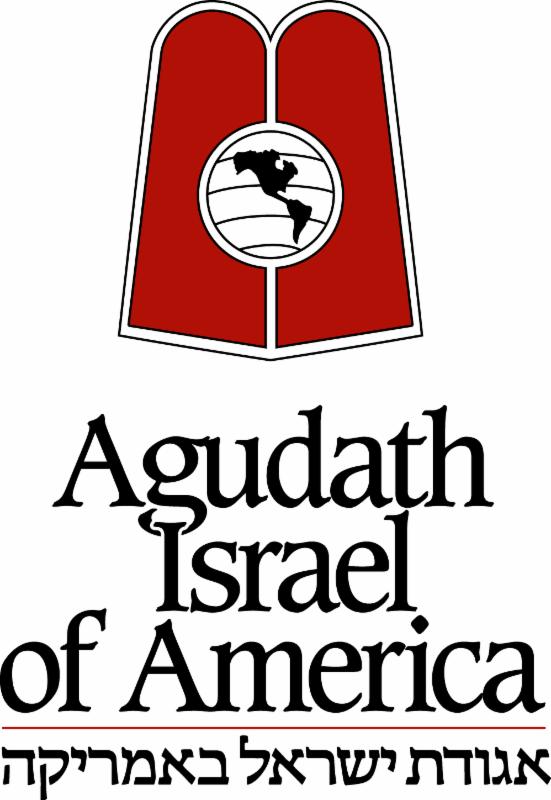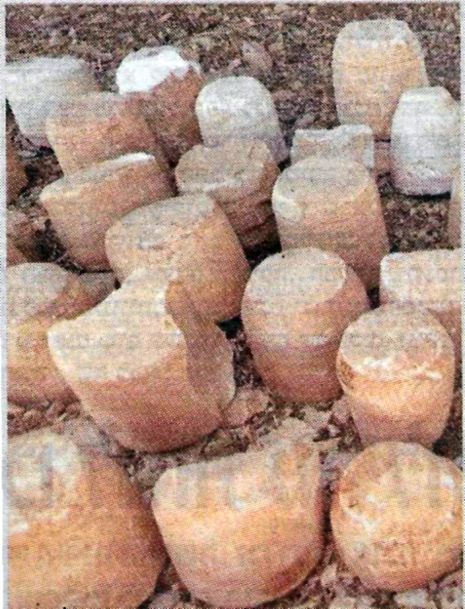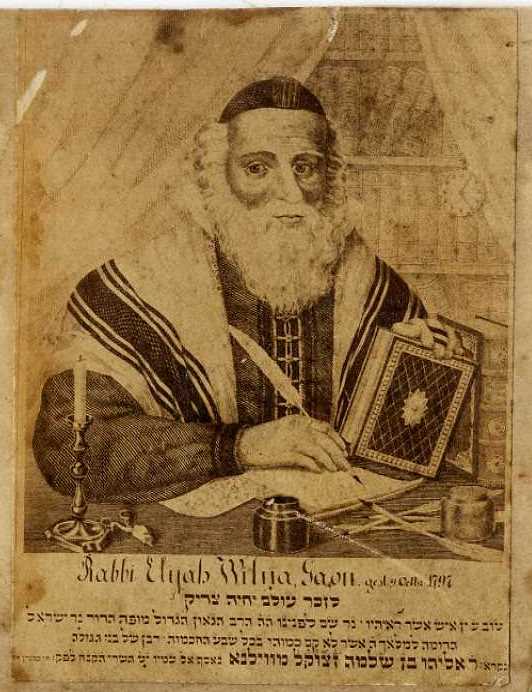  |
|
| ||||||
The next scheduled issue is for parshas Bereishis. 
This Google Custom Search looks only in this website. Agudath Israel Welcomes Israel Addition to US Visa Waiver Program
The United States government announced the admission of Israel into the U.S Visa Waiver Program (VWP), which will allow Israeli citizens entry into the United States for a period of 90 days without the need to first obtain a visa. Agudath Israel of America has long advocated for Israel's acceptance into the program and hailed the development.
"We thank the American and Israeli delegations for the hundreds of hours of dedication and hard work they put into reaching this milestone, as many concerns on both sides - including freedom of entry, reciprocity and security — needed to be ironed out," noted Rabbi Abba Cohen, Agudath Israel's Vice President for Government Affairs and Washington Director.
In the course of excavation along Highway 437 in the Binyamin area, between the Adam settlement and Hizme, an ancient center of stone utensil manufacture was recently discovered. When the laws of tumah and tahara were followed, there was a demand for stone vessels since they do not become tomei.
The dig is being carried out by a group from the staff of archaeology of the civilian administration. Relics were found, not only of vessels but also of an entire manufacturing site which included several quarries close to one another. Stone relics were unearthed in almost every site bearing different shapes, such as cups, bowls, trays and other various utensils very carefully crafted in different styles.
Deputy Minister Rabbi Uri Maklev and Health Minister Rabbi Moshe Arbel met this past Monday in the office of Health Minister in Yerushalayim in anticipation of launching a national program for the public health of the chareidi sector. The joint enterprise is connected to the eco-social development of the chareidi populace through the Prime Minister's office and the Health department. It will be funded by the two offices. The two rabbis discussed the various aspects of this new program and the methods of implementing it in practice.
Several divrei Torah mostly about Succos from the Gra.
From The Vilna Gaon
"Hide them in a succa from a quarrel of tongues." (Tehillim 31:21)
The mitzva of succa has the power to subdue the inclination to speak loshon hora and other forms of forbidden speech.
The Hebrew word "succa" is composed of four letters, each of which belongs to a phonetically different group of letters formed by various parts of the mouth:
The samech belongs with the "ZaSShRaTz" letters (zayin, samech, shin, reish, tzaddi) formed by the teeth.
This was first published in the print edition in 1995, that is, 28 years ago. This is the first time it is being published online.
From The Droshos Of HaRav Yosef Nechemia zt'l, the last rav of Cracow
"The posuk tells us, "And you shall take on the first day...", about which the medrash Tanchuma, parshas Emor comments, "the first day of reckoning sins."
Usually, if a king is about to visit a city in order to pass judgment on the inhabitants, deciding whether they are to live or die, everybody will run to him, in haste and confusion, each trying to make out a good case for himself and begging for his life. They crowd together, shouting and weeping. In their panic, nobody gives a thought to the state of his own clothing and whether or not he is dressed well enough to appear before royalty. Even the most destitute pauper, wearing coarse, torn garments of sackcloth, pushes along with the rest, ignoring his neglected appearance. He comes before the king crying and pleading and is judged to live. Suddenly, the king smiles at him and invites him to eat at the royal table for seven days.
When the poor man gets near to the palace, he looks at his clothes and surveys his appearance. Only then does he realize that in his present state he is unfit for royal company. Consumed by shame and embarrassment, he cannot bring himself to go dine at the kings table.
So it is with us, says HaRav Yosef Nechemia of Cracow...
* * *
Outstanding Articles From Our Archives
Opinion & Comment
by HaRav Moshe Samsonowitz
Introduction
The words of the Ramban (end of Parshas Bo, Shemos 13:16) about Divine Providence are a critical component of our understanding of emunoh. The Ramban writes: "A person has no part in the Torah of Moshe Rabbenu unless he believes that everything that transpires in the world is a miracle, and that there is no random universal order determining what occurs in the world at large or to the individual."
The Ramban also spells out here how we are to view everything that occurs in our lives: "From the great and conspicuous miracles [of nature], a person can recognize the hidden miracles [in his life]. This concept is a foundation of the Torah."
This world view affects every area of Jewish life. Not only is an individual expected to understand that everything that happens to him was intended by Divine Providence, but all events that occur to the Jewish people are also under G-d's special supervision.
We will offer a general outline of the past 250 years, as was originally propounded by the Vilna Gaon, and as his ideas are brought several places in the works of HaRav Eliyohu Weintraub. We will cite the sources. Our goal will be to reassess the historical events which occurred during this period to Jewry, and to attempt to see the wondrous hand of G- d's Providence dispensing both benevolence and punishment.
Six Days Correspond to Six Millennia
IN-DEPTH FEATURE
by Rabbi H. Helman
The Secret of Growth
A pivotal aspect of the Mashgiach's character that underscored several seemingly unrelated things about him was his extreme self-effacement - examples abound throughout this article. He never accorded himself any special status whatsoever, and would recoil from any display of honor that was meant for him. Among the hundreds of written replies that he sent to questioners, he often expressed his wonder to them that they had addressed him as hagaon hatzaddik, since - - he would clarify - he was neither a gaon nor a tzaddik.
His talmid HaRav Uri Weissblum put it well when he pointed out that anyone who reads HaRav Wolbe's testament can easily discern his radiant character in every word. "Even if he wouldn't have written these things in his will everyone would have realized that this was what he wanted," he commented.
"To this day," HaRav Weissblum added, "I clearly remember him arguing on the telephone with someone and not agreeing to his name being put on a notice. After a while he told him, `Write, Shin Vov [his initials]. That's more than enough.' The Mashgiach was adamant about this and said that if they didn't do what he was asking he wouldn't attend the meeting in question."
In a shmuess to the bnei hayeshiva he once said that he knew that all who were present were greater than he. He added that the only reason that he was prepared to deliver mussar shmuessen to them was the fact that he had seen and had heard shmuessen from Reb Yeruchom zt'l for two years.
IN-DEPTH FEATURES
by Rabbi Dov Eliach
Part Two
First Be A Man
In his typically fascinating and impressive manner, HaRav Shechter zt'l, provided instruction about the fundamentals of Kelm mussar although as he put it, he was giving us, "the merest touch, the smallest amount, while balancing on one foot."
Rav Shechter: I made note of three main principles of Kelm mussar. Though there are more, I tried to place them in [broad] categories.
The first one, which is the starting point of everything, is: "First be a man." People understand the prayer [said following the morning blessings], Le'olom yehei odom yerei Shomayim, as meaning, "A person should always fear Heaven." But in Kelm they put a stop after the first three words, so that it means, "Always," or "first, be a man." Then they would start again and say, "A person should always fear Heaven."
The meaning of this is very straightforward. Rabbi Akiva said, "Man is precious because he was created in Hashem's image. As an extra token of endearment he was informed of this . . . Yisroel are precious because they are called Hashem's sons. As an extra token of endearment they were informed that they are called Hashem's sons" (Ovos 3:14).
Creation in Hashem's image refers to man's ability to think. "And man's advantage over animals is naught" - that exist without thinking, then - "for all is vanity" (Koheles 3:19). But with the ability to think, man is in Hashem's image. This is a separate advantage, distinct from that of Yisroel's being "precious because they are called Hashem's sons."
The common understanding of this is that on the level of "Yisroel are precious" there is no need for [developing] the [lower] level of "in Hashem's image" but this is untrue. Even a person who learns Torah and merits a connection to the level of "Yisroel are precious," still needs to relate to the fundamentals. In our context the fundamental level is "Derech eretz kodmoh laTorah - (Correct behavior precedes Torah)."
In what sense does correct behavior precede Torah?
In Kelm they viewed it as the foundation upon which the entire edifice [of a person's character] is erected.
|
||||||




.jpg)



